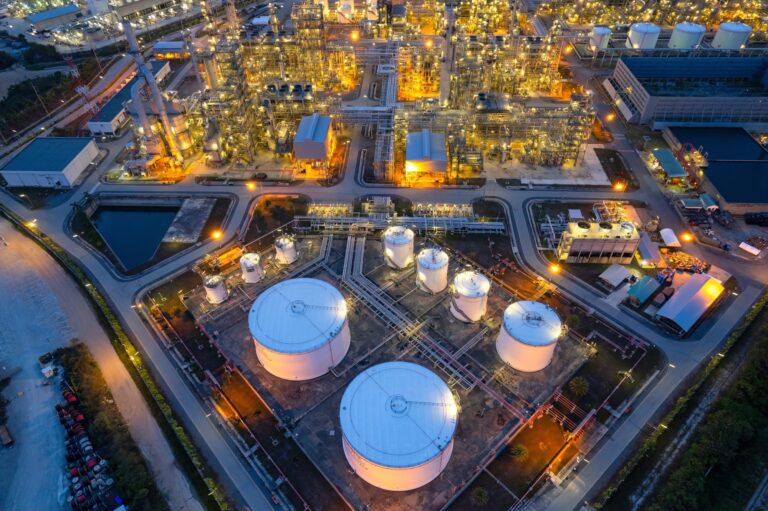As the oil and gas industry expands across North America, new research has uncovered startling links between fossil fuel sites and a range of health conditions during pregnancy and after birth.
Pre-conception issues, physical and mental health challenges, premature birth, birth defects, and psychological stress are all part of the conversation.
The expansion of the oil and gas industry
Driven by increasing energy demand and economic growth, the oil and gas industry is expanding rapidly across North America.
A vast network of drilling sites, pipelines and processing facilities now spans numerous states and provinces, bringing with it the promise of jobs and development.
However, what is less discussed are the significant physical and mental health impacts that come with living near these industrial activities.
New research has uncovered a number of health problems linked to the oil and gas industry that are of particular concern to vulnerable groups such as pregnant women.
Mental health risks from oil and gas development
A recent study from the Boston University School of Public Health (BUSPH) revealed some surprising findings.
The study shows that the harmful effects of the oil and gas industry also affect people planning pregnancy, shedding light on an understudied area of reproductive health.
Findings suggest that people living close to oil and gas extraction sites are at increased mental health risks: They are more likely to experience moderate to severe depressive symptoms than those living farther away from such activities.
Surveys have shown higher stress levels among people living within 1.25 miles of developments, highlighting the need for strict home safety measures.
Prioritize your pre-pregnancy health
While prenatal and postnatal health issues continue to garner national attention due to alarming increases in maternal morbidity and mortality in the United States, this new study calls for increased focus on preconception health, which has historically been understudied.
“Oil and gas development has multifaceted impacts that rapidly transform economies, social structures, and community environments,” explained lead author Mary Willis, PhD, assistant professor of epidemiology at BUSPH.
“These changes may cause stress and depression among local residents, especially among those trying to become pregnant.”
The researchers emphasize that understanding and addressing the health risks faced by individuals planning pregnancy is critical to improving overall reproductive health outcomes.
Policymakers should prioritize preconception health, and health care providers can develop comprehensive strategies that will reduce risks, support healthier pregnancies, and ensure the long-term health of parents and children.
Digging into the Dark Abyss
Based on a comprehensive analysis of mental health surveys, the researchers found that increases in stress and depression aren’t limited to people living near oil and gas development.
People living further afield also reported negative mental health effects, suggesting the impacts are more widespread than previously thought.
This highlights the urgent need for a thorough reexamination of home safety regulations, especially in states with large oil and gas production.
Economic ripple effects
Beyond the direct health impacts, it is important to consider the broader economic impacts that mental health issues can have on communities.
Increased stress and depression among residents leads to reduced work productivity, which in turn leads to higher health care costs and a reduced quality of life.
Local economies may suffer. Reduced consumer spending and increased demand for mental health services will impact local economies. Businesses may face challenges in retaining employees and struggle to maintain a stable workforce.
Addressing the mental health impacts of oil and gas development is therefore not only a public health priority, but also an economic imperative for communities affected by these industries.
Significance of the study
The expansion of the burgeoning oil and gas industry requires comprehensive health impact research and improved regulations. BUSPH researchers hope their findings will shed light on hidden health effects of resource extraction and drive protection measures in inhabited areas.
Perhaps it is time to expose these hidden health hazards – it may be the wake-up call we need for a healthier tomorrow.
The study has been published in the journal American Journal of Public Health.
—–
Like this article? Subscribe to our newsletter for more fascinating articles, exclusive content and updates.
Check it out with EarthSnap, a free app brought to you by Eric Ralls and Earth.com.
—–


